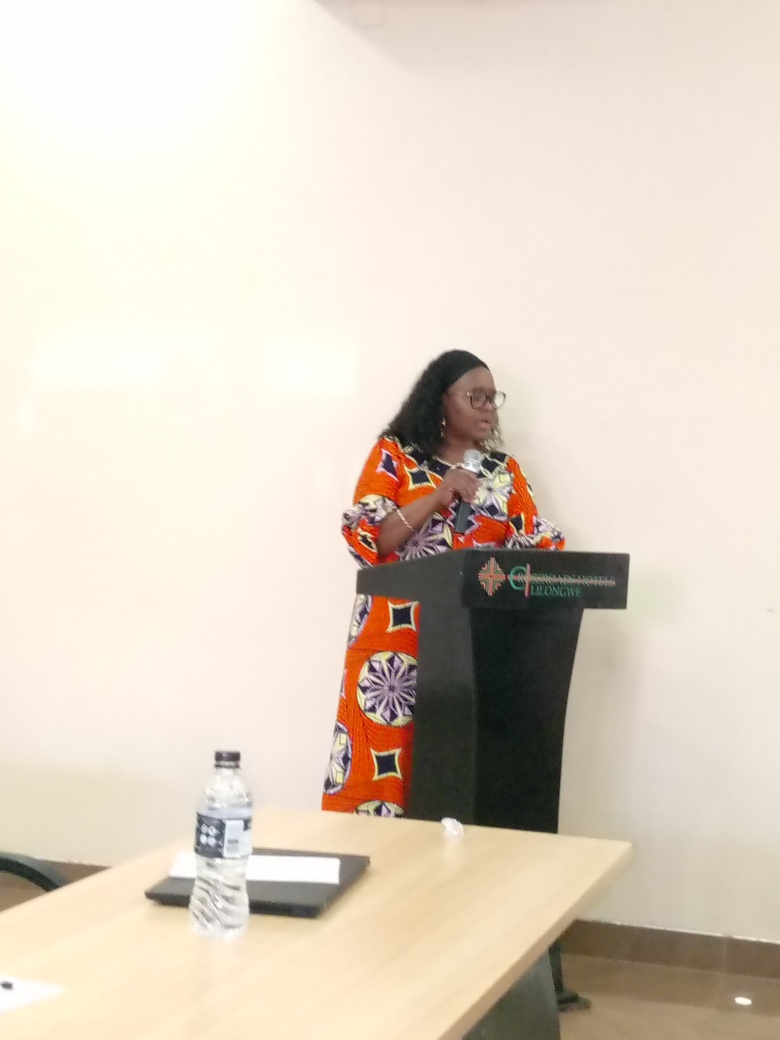|
Getting your Trinity Audio player ready…
|
The stage has been set for the implementation of genome editing, a form of biotechnology meant to spearhead agricultural transformation on the African continent.
This comes as experts gathered in Lilongwe, Malawi (from August 14 to 18, 2023), are finalising the review of the zero drafts of GEd training modules that were designed for different stakeholder groups and tailor-made to the needs of the Continent.
The modules are aimed at providing a standardised and systematic approach when training different stakeholder groups as part of the national communication and advocacy exercises on GEd. This will guide in-country teams by promoting a common understanding of the GEd tools and related benefits towards an enhanced uptake.
“This workshop brought together national lead agencies of the initiative, scientists, policymakers, research and development experts, as well as private sector representatives from the 8 pilot countries that were involved in producing the zero drafts. The review exercise supports the finalisation of the modules through a systematic evaluation of the content, structure, and delivery methods. The approach aims to ensure ownership, impact, and sustainability of the national communication and advocacy efforts focusing on the competitive advantage of biotechnology and genome editing tools to help transform agriculture on the Continent,” said Mrs. Florence Nazare, the Head of the Centres of Excellence, Management, and Coordination unit of the African Union Development Agency (AUDA-NEPAD).
This initiative by AUDA-NEPAD’s Centre of Excellence in Science, Technology, and Innovation (CoE-STI), is aligned with Agenda 2063 and National Development Plans.
Its objective is to harness the potential of genome editing to enhance agricultural productivity and resilience in Africa.
Genome editing is a rapidly developing technology with the potential to revolutionise agriculture.
This project will be implemented in the eight African countries which are Burkina Faso, Ghana, Ethiopia, Nigeria, Mozambique, Kenya, Malawi, and Zimbabwe.
